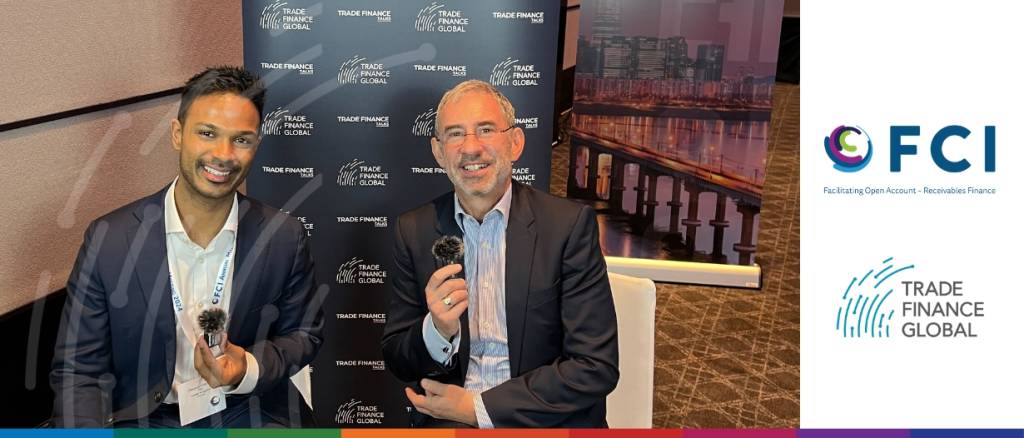To better support growing small businesses, the U.S. Small Business Administration (SBA) recently announced a new pilot loan program that intends to help close the trade finance gap experienced by SME exporters. The 7(a) Working Capital Pilot (WCP) is the SBA’s first new loan program introduced in more than a decade and will be able to support lines of credit up to $5 million.
The 2024 CGI and BAFT Trade Technology Survey provides insights into how financial institutions navigate these changes and plan for the future. The survey reveals the strategic priorities and challenges which banks face and offers a comprehensive view of their adaptation strategies.
As businesses strive to optimise processes, enhance efficiency, and meet growing customer demands, the tools they use need to evolve as well.
India introduced digital Trade Receivable Discounting System (TReDS) platforms in 2017 to help SMEs overcome late payment issues, with three licensed entities expected to reach $25 billion in throughput by FY 2024-25.
The global economy has always undergone changes. From the agrarian-based economy in the 18th century to the advent of the Industrial Revolution, from sailboats to steamships, there has always been a shift in economy, industry, and, ultimately the dynamics of a country.
Mansa, a pioneering fintech providing finance to emerging markets, announced on July 29 that it would provide its first pool on Base, a low-cost Ethereum-equivalent L2 blockchain. This is a significant milestone for Mansa, whose mission it is to democratise access to financing and liquidity to emerging markets in Africa; the launch is expected to boost cross-border payments and increase take-up of trade finance instruments in the region, especially for SMEs.
Finastra, a global provider of financial software applications and marketplaces, today announced its partnership with CredAble
At the 56th Annual FCI Meeting in Seoul, Deepesh Patel, Editorial Director at Trade Finance Global, was joined on Trade Finance Talks by Steven Beck, Head of Trade and Supply Chain Finance, Asian Development Bank to discuss the role of MDBs in the facilitation of trade and supply chain finance.
Deepesh Patel, Editor, Trade Finance Global, spoke to Kevin Day, CEO, Lendscape, at FCI’s 56th Annual Meeting in Seoul to discuss some of these key trends and ideas.
The European Banking Authority (EBA) recently issued a consultation paper proposing pivotal changes in the classification of guarantees under banking regulations.
























